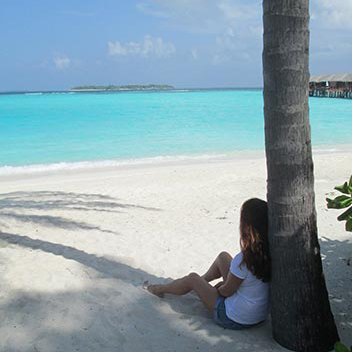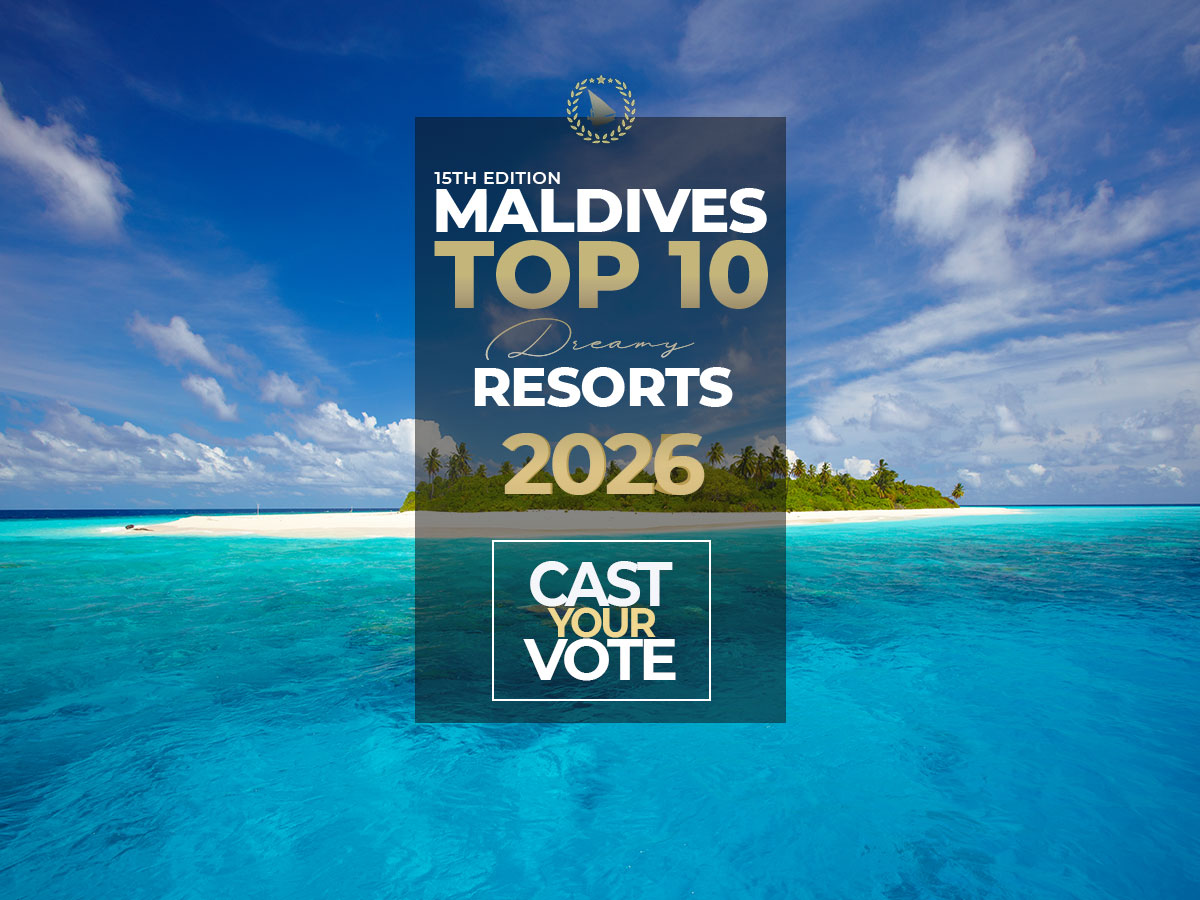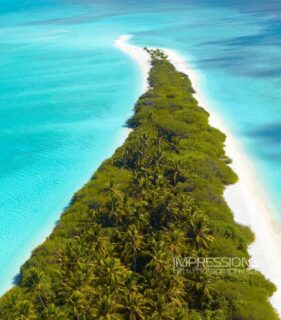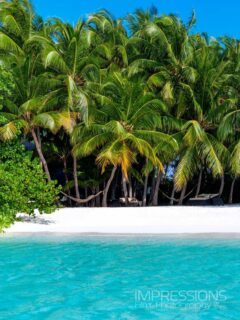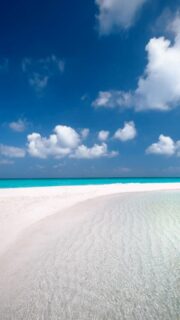In 2010, the Maldives banned shark fishing and became a global sanctuary. Fifteen years later, new policies threaten that legacy. Discover what’s changing in 2025.
It took fifteen years to ban it, and fifteen more to bring it back.
Because a small shark, already endangered, the gulper shark, is a major asset for the pharmaceutical industry.
Its liver, rich in oil, is used to produce squalene, a substance employed as an adjuvant in the manufacture of certain vaccines.
2010 – 2025.
A small step for man…
But a giant step back for the ocean.

A Look Back : When the Maldives Banned Shark Fishing
Back in March 2010, I wrote one of the happiest articles I’ve ever published on Dreaming of Maldives :
Shark Fishing Officially Banned in Maldives — The Story & The Facts.
I ended that post with these words :
“After almost 15 years of negotiations, petitions, scientific surveys, foundations of shark rescue groups and demonstrations, the Maldives belong since yesterday, March 1st 2010, to the (too) small group of countries that entirely protect sharks.”
That day, the Maldives made history.
It became the second country in the world, after Palau, to ban shark fishing nationwide, transforming its 900,000 km² of ocean into a sanctuary where sharks could finally swim free.
For years, this bold decision shaped the image of the Maldives as a paradise that protected its greatest treasure : the sea itself.
In 2025, the Maldives are one of only 17 shark sanctuaries around the world.

A dreamy Maldivian legacy
That shark ban in the Maldives changed everything.
It turned the Maldives into a global symbol of marine conservation and a favorite destination for divers who dreamed of meeting reef sharks in their natural home.
It was proof that conservation could work, that protecting nature could also fuel tourism and prosperity.
The message was clear :
A living shark was worth far more to the Maldives than a dead one.
The Maldives are home to over 25 shark species, most of which are globally threatened.
Read also : 5 of the Most Common Sharks Spotted in the Maldives →
2025 : The Shark Sanctuary at a Crossroads
Fifteen years later, the tide is turning.
In 2024, the government of the Maldives announced a partial reopening of shark fishing, ending more than a decade of total protection.
Starting November 2025, licensed vessels will be allowed to target deep-sea species such as the gulper shark and to land sharks caught as by-catch in longline fisheries.
Officials describe the initiative as a “scientific and resource-utilization programme.”
But many Maldivians, scientists, and conservation groups see it differently, for them, it’s a decision that risks erasing fifteen years of progress.
As expected, the news is making some headlines : AFP or Oceanographic Magazine who writes : “Of the four gulper shark species historically targeted in the Maldives, three are listed as Endangered and one as Near Threatened on the IUCN Red List.”
Gulper sharks an already endangered species
Gulper sharks are slow-reproducing, deep-water sharks, already decimated elsewhere, with populations in the Indian Ocean collapsing by as much as 97 % in the past two decades.
This poor creature is fished for its liver, rich in squalene, an adjuvant used in vaccines which is highly sought after by the pharmaceutical industry.

Misunderstood and harmless, gulper sharks pose little to no threat to humans.
As Wikipedia notes, “Because of the depth of their habitat, they are considered little to no threat to humans.”
These sharks live far below recreational diving limits, in deep, cold waters where light barely reaches. They are slow, elusive, and fragile species, survivors of a twilight world, not predators of the shallows
This makes their planned exploitation even more troubling.
They’re not a danger to people, we are a danger to them.
Related reading : Sharks in Maldives: Myths and Frequent Questions →
Facts and local Reactions
This partial reopening of shark fishing obviously creates a lot of reactions. Being one of the 17 shark sanctuaries around the world is a stunning position and Maldivians have a strong opinion about this :
- 77 % of Maldivians oppose reopening shark fishing and want the ban to stay.
- 61 % know their country is one of the world’s few shark sanctuaries and fear losing that status.
An open letter signed by NGOs, marine biologists, and dive operators urged the government to halt the plan, citing lack of scientific data, no quotas, and weak monitoring.
Conservation groups warn the move could cause “irreversible harm” to shark populations and tarnish the Maldives’ reputation as a marine protector.
Dive professionals and marine biologists warn that reopening the fishery could cause global reputational damage to the Maldives’ once-celebrated conservation legacy.
For the tourism and diving industries, this isn’t only an ecological concern, it’s existential.
The Maldives built its image on coral reefs, snorkeling, diving and amazing marine life.
If shark numbers fall again, so might one of the islands’ most powerful travel dreams : meeting a shark in the wild.

The Maldives and Its Sharks : A Fragile Coexistence
The tension between conservation and local fisheries is not new.
Across the Maldives, fishermen, divers, and environmentalists often see the same ocean through different eyes.
For some, sharks have become competitors : tearing lines, stealing catches and lately a danger…
For others, they are guardians of the reef and symbols of a thriving ecosystem.
The truth, as often in such cases, lies somewhere in between, and I’ve dug into the story.
Read more Do the Maldives Have Too Many Sharks ? Perceptions, Conflicts, and Facts →
Why Sharks Matter
Sharks are not monsters, they’re guardians of balance.
Without them, reefs weaken, fish populations crash, and the ocean loses its harmony.
Yet misconceptions persist.
In Maldives, most sharks are harmless, curious, and vital to the health of the reefs we love. Protecting them means protecting the Maldives itself, its ecosystems, its livelihoods, and its soul.
Editor’s Note – November 2025
As this article goes online, news of the gulper shark fishery plan continues to spread, raising debate across global media and social networks.
Conservation NGOs, marine scientists, and divers urge the Maldivian authorities to reconsider.
The Maldives remains a beacon of marine beauty, but its next decision will determine whether it stays a true shark sanctuary or becomes a different story altogether.
To be continued…
Stay updated.
Your TOP Best Maldives Resorts 2026
YOUR CHOICE. YOUR DREAM. YOUR VOICE
[ Official ]
Traveler's Choice
15th Edition
